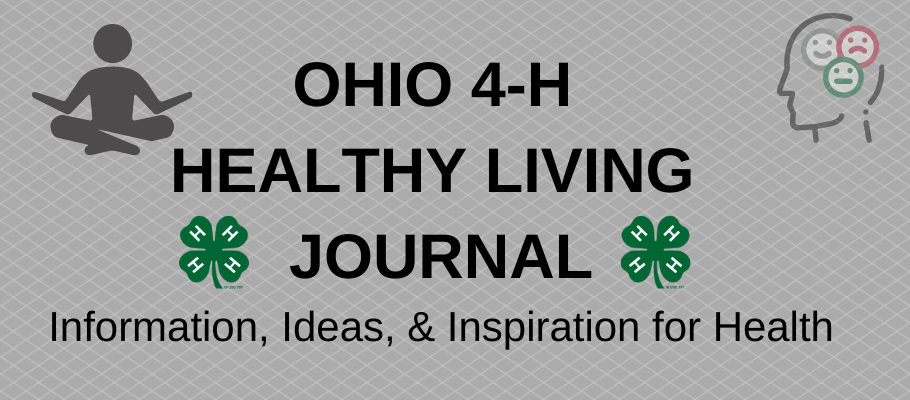The start of a new year is an opportunity to pause and reflect on what has been and what lies ahead. For many reasons, 2020 is a year many people would like to forget. Stay-at-home orders, the resulting school and business closures, and social distancing guidelines changed how we lived our lives during a global pandemic. It is natural and healthy to be disappointed when experiencing a loss. But it is equally important to recognize and appreciate what we have in our life. Gratitude reverses our priorities to help us appreciate the people and things we do have. As one way to start the new year with gratitude, make a Gratitude Jar.
Gratitude is defined as an appreciation of what is valuable and meaningful to oneself; it is a general state of thankfulness and/or appreciation. Gratitude has a variety of benefits that help promote healthy development. Research shows that people who think about the good things in their life tend to be happier and less depressed.
Here is how to fill the Gratitude Jar.
- Think of at least three good things each day and write each on a separate slip of paper. This “good stuff” can be something great that happened, or it can just be something more ordinary. The point is the reflect and write it down.
- Put the slips in the Gratitude Jar.
- At the end of the month (or other amount of time), you can look back through the slips and reflect and be reminded of all the “good stuff” that has happened. It is also something to do on a holiday such as Thanksgiving or New Year’s Eve. You may be surprised to see how the “little things” have added up.
This practice is easy on “good days.” But on a “bad day” or when you think things are not going so well in your life, the good stuff won’t always be so easy to find. That’s where you may have to do some hunting to find the good stuff. We sometimes refer to this as “finding the silver lining in a cloud” or “turning lemons into lemonade.” Here’s an example: One night I was working late, and as I drove home a song came on the radio. Despite not having heard it in years, I could sing every word. It was late and I was tired, but hearing that song brought a smile to my face. That was one of the things I wrote for my gratitude jar that night. And I still remember it, even though it was 7 years ago!
It may take time for expressing gratitude to become a habit. And you may not feel the positive effects of expressing gratitude right away. But research shows that you should stick with it. Researchers at the University of California Berkeley concluded that practicing gratitude may help train the brain to be more sensitive to the experience of gratitude down the line, and this could contribute to improved mental health over time.
If you want to take the next step in expressing gratitude, write a note to express your gratitude to someone. Recent research shows that actually expressing your gratitude to someone else may be particularly effective. Not only will you feel good, but sharing your appreciation to a teacher, family member, or friend will surely make their day.
You can download directions for the Gratitude Jar here.
Adapted from Coping with COVID: Lesson Plans to Promote Mental, Emotional, and Social Health.
Yours in Health,
Theresa Ferrari, Extension Specialist, 4-H Youth Development



